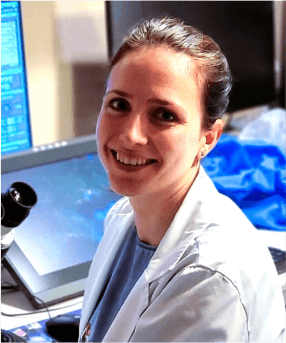- Homepage
- Programme
- Registration
- Practical Guide
- About Neuronus
Medical University of Gdańsk, Poland

For decades, the delivery of many potential disease-curing compounds into the central nervous system (CNS) posed a considerable challenge to scientists. The blood-brain barrier (BBB) effectively prevented many promising treatments from arriving at the diseased brain and, as a consequence, they never reached the clinic. At the same time, the scarcity of BBB models that closely mimicked the brain microvessel environment prevented effective in vitro screening of potential CNS therapies and slowed down the research into the pathophysiological basis of neurodegenerative and neuroinflammatory diseases. Fortunately, innovative drug delivery methods, physiologically accurate BBB models, brain-on-a-chip, organoids, and spheroids have recently been developed. This seminar will explore some of these newly characterized models together with innovative CNS drug delivery methods and discuss their applications.
The in vitro blood-brain barrier (BBB) models were initially built on a membrane in a transwell system with a single cell type, usually the brain vascular pericytes or endothelial cells (ECs). Recently, several advances have been made to build more sophisticated and physiologically relevant in vitro models of the BBB. Here, we present a tri-cell BBB model comprised of conditionally immortalised human brain microvascular ECs, pericytes and astrocytes. The cells are seeded in the classical transwell system or can be grown into a 3D spheroid. In a transwell or spheroid form, the model can be applied to study drug BBB permeability, disruption or breakdown of the BBB, transmigration of the immune cells, and many others. We use these models to study the pathophysiology of the BBB in multiple sclerosis and, in particular, the mechanisms involved in the disruption of the BBB, its protection and recovery. Both, the transwell and spheroid models, can also be used to measure the transmigration of immune cells. We measure the chemotaxis of CD4+ cells isolated from multiple sclerosis patients and modulate their function in the search for novel therapy. Here, we present some of our preliminary results obtained with these BBB models and discuss the shortcomings and challenges ahead.